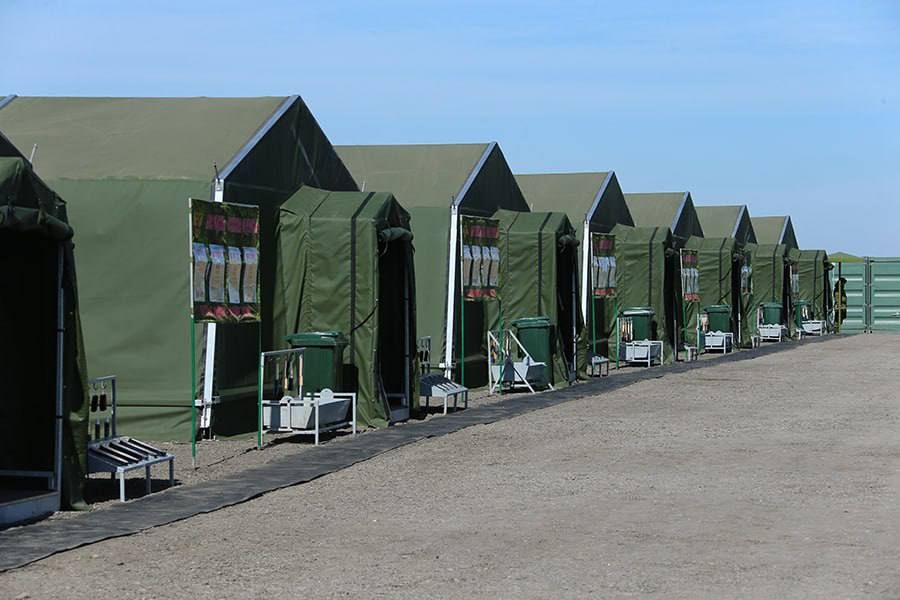Belarus: A New Base for the Wagner Group? Escalating Tensions Near Ukraine's Borders
Recent developments from Belarus signal a worrying turn of events in the Eurasian geopolitical landscape. It is reported that construction for camps designated for Wagner Private Military Company (PMC) fighters has commenced in the country, a mere 200 kilometers from the border with Ukraine. This development has resulted from discussions

Recent developments from Belarus signal a worrying turn of events in the Eurasian geopolitical landscape. It is reported that construction for camps designated for Wagner Private Military Company (PMC) fighters has commenced in the country, a mere 200 kilometers from the border with Ukraine. This development has resulted from discussions between self-proclaimed Belarusian leader Alexander Lukashenko and Yevgeny Prigozhin, financier of the Wagner group.
The first of these camps, capable of housing 8,000 people, is currently under construction in Asipovichy, Mogilev Oblast. The pace at which this development is taking place is concerning; workers have been instructed to build the 24,000 square meter camp at an unprecedented speed. According to local media, there was a directive to complete the camp by "lunchtime tomorrow." These directives were affirmed by a source closely associated with the regional authority, which confirmed the ongoing construction of the camp specifically for the Wagner Group.
Family members of the Wagner fighters have affirmed these reports, stating that the mercenaries are indeed being dispatched to Belarus. Relatives received word from their acquaintances within the ranks that units of the Wagner PMC that remained in Rostov-on-Don are now being mobilized to Belarus. Other sources noted that communication had been severed following their relative's report of an impending departure to Belarus.
The context of these actions is deeply alarming. On the night of June 23rd, Yevgeny Prigozhin, leader of the Wagner Group, announced that the regular Russian army had initiated a missile strike on the rear camps of the Wagner mercenaries. In response, Prigozhin mobilized 25,000 of his mercenaries "to restore justice." Consequently, the anticipation of these fighters reaching the outskirts of Moscow had put the Russian authorities on high alert. It was even reported that Putin had hastily left Moscow for his residence in Valdai due to this impending threat.
In an unexpected turn of events, Prigozhin announced his agreement with the self-proclaimed Belarusian leader Alexander Lukashenko to redirect his forces to Belarus. Despite this assurance, Russian authorities have not dropped the criminal case against Prigozhin, and the Federal Security Service of Russia continues its investigation into the case of rebellion.
The escalating situation in Belarus, particularly its proximity to Ukraine, warrants global attention. The rapid establishment of a Wagner PMC base, and the murky politics behind it, introduces a significant element of uncertainty and concern to an already tense region.




